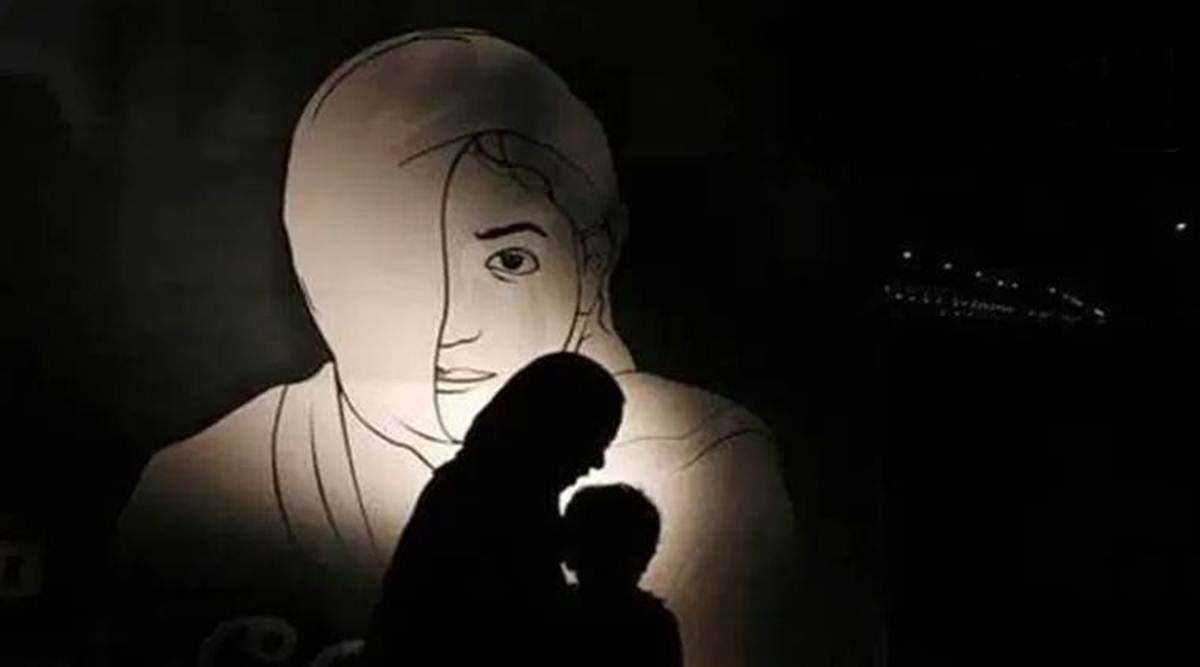 The bill proposes the death penalty, life sentence and hefty fines as retribution for the offences, apart from setting up special courts for trial.
The bill proposes the death penalty, life sentence and hefty fines as retribution for the offences, apart from setting up special courts for trial.“IT is not the severity of the punishment but surety of conviction when a crime happens that brings down cases of rape,” says Manisha Gupte, founder of Mahila Sarvangeen Utkarsh Mandal (MASUM) who, along with a host of women’s organisations, civil liberties and human rights groups, has opposed the Shakti Bill that was tabled in the Maharashtra Assembly session on Monday.
The bill proposes the death penalty, life sentence and hefty fines as retribution for the offences, apart from setting up special courts for trial. The Bill also seeks to make certain changes in the IPC, CrPC and the POCSO Act of 2012.
According to adovocate Jaya Sagade, former vice-principal of ILS Law College, various groups have raised certain fundamental objections to these proposed amendments. Many of them are to do with enhancing the punishment for several crimes against women, particularly heinous ones, and pertain to increasing the number of years of imprisonment or awarding the death penalty to the offenders.
“It is well proven by research that it is not simply the stringency of the law but the certainty of being punished which is a better deterrent, and that stringent punishment is likely to give the accused the benefit of doubt, especially in cases of death penalty,” said Sagade.
“The draft bill does not empower women… in fact, there are many problems in the assumptions made. For instance, the first assumption is that rape is equivalent to death which it is not. It is a violation of human rights and a grievous physical assault with tremendous psychosocial complication and post traumatic-stress disorder. The woman does not die if she is raped and the first patriarchal assumption has to be questioned ,” Gupte said.
Gupte also pointed out that given the possibility of death penalty, it is likely that a sensitive judge will think several times before even saying it is rape.
Maharashtra has a long tradition of a vibrant women’s movement, and there are several progressive and democratic women’s organisations and groups as well as lawyers, activists and researchers who have been actively engaged with the issue of fighting violence against women over the last several years.
“We find it extremely surprising that the Maharashtra government did not find it necessary to consult these organisations, or share the draft of the bill in the public domain. We strongly condemn this undemocratic method of functioning of the state government,” said Kiran Moghe, president of the Pune Zilha Gharkamgaar Sanghatana.
“The 2013 amendments to criminal law, which resulted from the Verma Committee recommendations, and the POCSO Act, 2012 are in fact fairly adequate to deal with the question of increasing violence against women, provided that they are properly implemented,” said Moghe.
Effecting changes in the law without simultaneously implementing these reforms reflects a superficial approach that will have little impact in real terms, according to Aruna Burte, Sadhana Natu, Vandana Kulkarni, and others from various organisations like National Federation of Indian Women, Maharashtra, Bharip Bahujan Mahila Aghadi, Chetana Mahila Vikas Kendra, Kagad Kach Patra Kashtakari Panchayat, Nari Samata Manch and other organisations.
“The proposed amendments are downright anti-women and trivialise the issue of violence against women…. in particular, the clauses dealing with “implied consent” and punitive measures against those who make a “false complaint.” These, along with the Bill’s title ‘Shakti’ reflect a stereotypically conservative and patriarchal perspective about women,” women’s organisations have said, and demanded that the bill should not be passed in its present form.